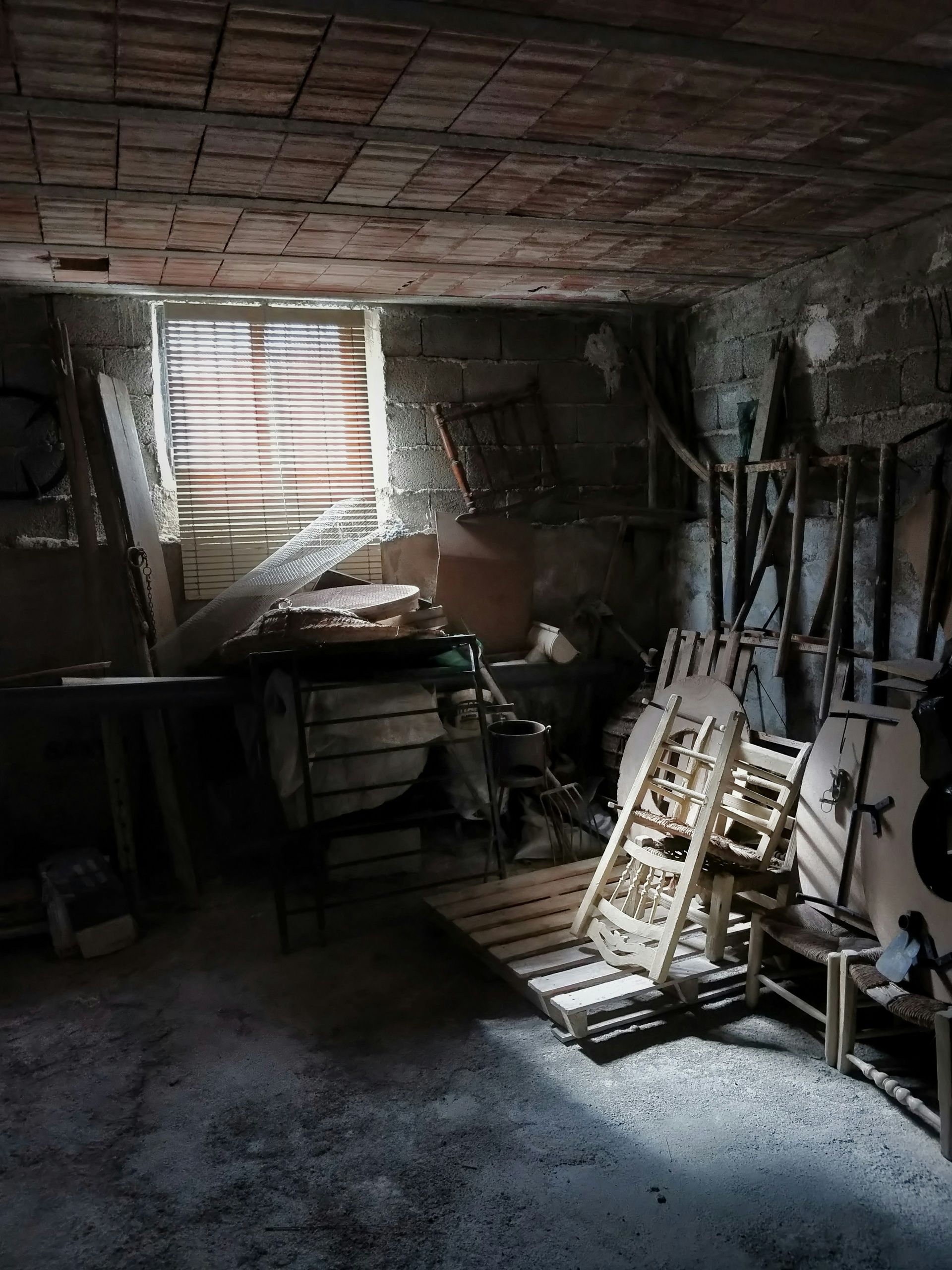9 Steps for Preparing Your Finances for Real Estate Investing Success
Investing in real estate can be a lucrative endeavor, but it's not something you should dive into blind, without proper financial preparation. Just like any other investment, real estate requires careful planning and a solid financial foundation to ensure long-term success. At BoiseTurnkey, we're determined to help you invest no matter where you're at! Here's a place to start, so you can confidently step into the world of real estate investment:
Assess Your Current Financial Situation
Before you embark on your real estate investment journey, it's crucial to have a clear, realistic understanding of your current financial situation. Start by taking a close look at your income, expenses, debts, and assets. Create a detailed budget to gain insight into your monthly cash flow. This will help you determine how much money you can comfortably allocate to real estate investments without jeopardizing your current financial stability.
Set Clear Financial Goals
What do you hope to achieve with your real estate investments? Are you looking for passive income, long-term capital appreciation, or a combination of both? Setting clear financial goals is essential to guide your investment decisions. Knowing your objectives will help you choose the right real estate opportunities and create strategies to achieve them.
Build an Emergency Fund
Real estate investments can come with unexpected expenses, such as repairs or vacancies. It's essential to build an emergency fund now to cover these unforeseen costs, without compromising your investment or your personal finances. Aim to save at least three to six months of living expenses in your emergency fund.
Reduce High-Interest Debt
High-interest debt, such as credit card balances, can be a significant barrier to real estate investment success. Before you start investing, paying down those high-interest debts. Reducing your debt load will free up more funds for investment and improve your overall financial health!
Improve Your Credit Score
When it comes to real estate investing, a healthy credit score is crucial. Lenders use your credit score to assess your creditworthiness and determine the interest rates you'll qualify for. Review your credit report, correct any errors, and take steps to improve your credit score by paying bills on time and reducing credit card balances.
Create a Realistic Investment Budget
Once you've assessed your financial situation and set clear goals, create a realistic investment budget. Determine how much you can comfortably invest in real estate without straining your finances. Remember to factor in not only the purchase price of properties but also ongoing expenses like property taxes, insurance, maintenance, and property management fees.
Explore Financing Options
Real estate investments often require significant capital, but you don't need to have all the money upfront. Explore various financing options, such as mortgages, loans, or partnerships with other investors. Choose the financing method that aligns with your financial goals and risk tolerance. At BTK, we have clients that use a variety of investing methods, and we'd love to talk you through all your options for financing.
Diversify Your Investments
While real estate can be a valuable addition to your investment portfolio, it's important not to put all your eggs in one basket. Diversify your investments across different asset classes to reduce risk. Real estate should complement your overall investment strategy, not dominate it.
Continuously Educate Yourself
Real estate is a dynamic field, and market conditions can change rapidly. To make informed investment decisions, commit to ongoing education. Attend seminars, read books, and stay updated on market trends and regulations. Knowledge is a valuable tool for successful real estate investing. Click here for a free, up-to-date Guide to Real Estate Investing in Boise!
In conclusion, getting your finances in order is the first step toward a successful real estate investment journey. Take the time to assess your financial situation, set clear goals, and build a strong financial foundation. With careful planning and a well-thought-out strategy, you can confidently enter the world of real estate investment and work towards achieving your financial dreams.











